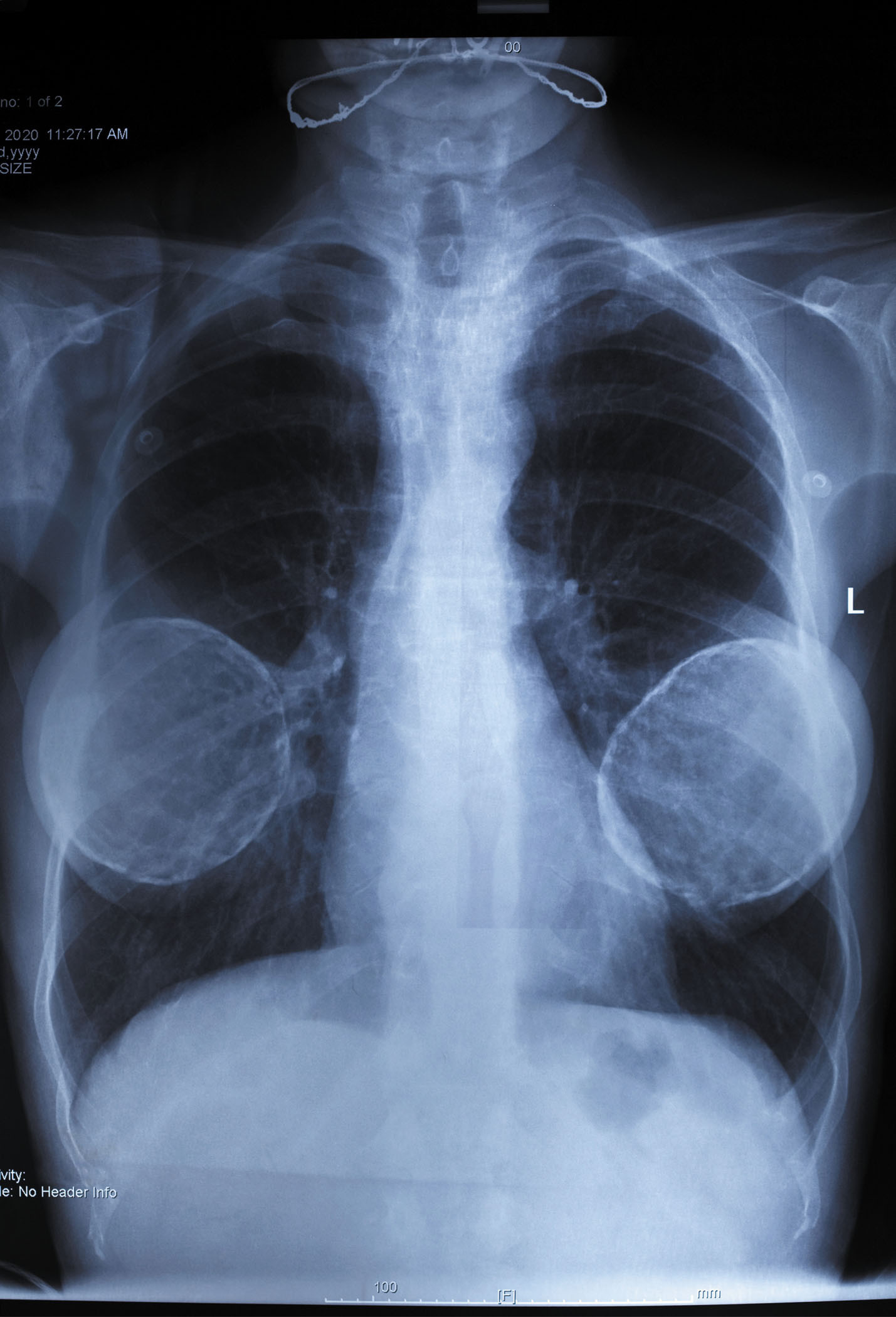
5 timeless habits for better health

What are the symptoms of prostate cancer?

Is your breakfast cereal healthy?

When pain signals an emergency: Symptoms you should never ignore

Does exercise give you energy?

Acupuncture for pain relief: How it works and what to expect

How to avoid jet lag: Tips for staying alert when you travel

Biofeedback therapy: How it works and how it can help relieve pain

Best vitamins and minerals for energy

Should you take probiotics with antibiotics?
Safety/Injuries Archive
Articles
Are you headed for a fall?
Cardiovascular conditions can increase a person's risk of falling. Such falls are usually related to a lack of blood flow to the brain that causes a person to faint. The most common cause is orthostatic hypotension, but severe aortic stenosis and the heart rhythm disorder known as atrial fibrillation can also cause a person to faint. Other falls may result from cerebral microvascular disease, a type of blood vessel damage in the brain that develops over time.
Why don't more people know CPR?
Fewer than half of people who experience cardiac arrest outside of a hospital receive CPR from someone nearby. Shorter, more accessible training and help from technology may encourage more people to learn and administer this lifesaving technique. Another potential barrier to performing CPR is not recognizing the symptoms of cardiac arrest. Common mistakes include pressing down on the stomach instead of the center of the chest, not compressing the chest deeply enough, or giving compressions that are either too fast or too slow.
Warning about portable electronics for people with heart devices
Some portable electronic devices—including Apple AirPod charging cases and certain smartphones—contain strong magnets that can interfere with the function of an implantable cardioverter-defibrillator.
Intimate partner violence and traumatic brain injury: An invisible public health epidemic
While post-concussive symptoms are common in women who have experienced intimate partner violence, many women hide their symptoms and little research has been done, meaning the long-term health risks of millions of women are unknown.
Warning: Hidden ingredients in supplements for weight loss and male enhancement
In December 2021, the FDA warned consumers about an increase in supplements tainted with harmful ingredients, particularly supplements promising male enhancement or weight loss.
FDA wants women to understand the risks and benefits related to breast implants
The FDA recently moved to help make certain that women considering breast implants have a clear picture of what implants involve before moving ahead with surgery. The agency announced a series of changes in October 2021. These include new labeling requirements for breast implant manufacturers, a requirement that facilities provide patients with a checklist outlining potential risks and benefits related to breast implants, and updated screening recommendations to detect leaks in silicone breast implants.
Navigating holiday pressures in the COVID-19 reality
Steps to stay safe when you push or pull an object
CDC initiative aims to prevent injuries in older adults
Are home pain relief gadgets safe for use?

5 timeless habits for better health

What are the symptoms of prostate cancer?

Is your breakfast cereal healthy?

When pain signals an emergency: Symptoms you should never ignore

Does exercise give you energy?

Acupuncture for pain relief: How it works and what to expect

How to avoid jet lag: Tips for staying alert when you travel

Biofeedback therapy: How it works and how it can help relieve pain

Best vitamins and minerals for energy

Should you take probiotics with antibiotics?
Free Healthbeat Signup
Get the latest in health news delivered to your inbox!
Sign Up











